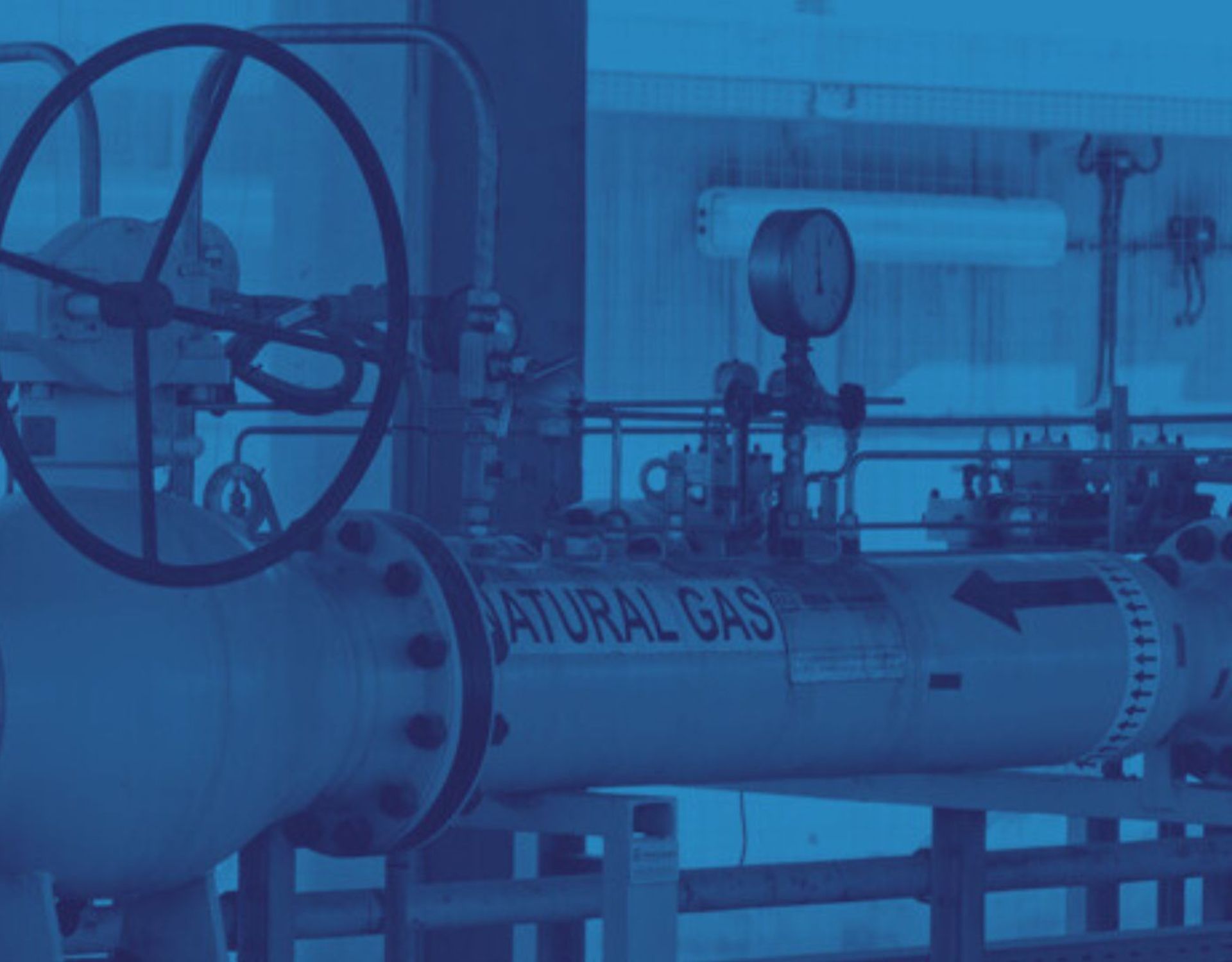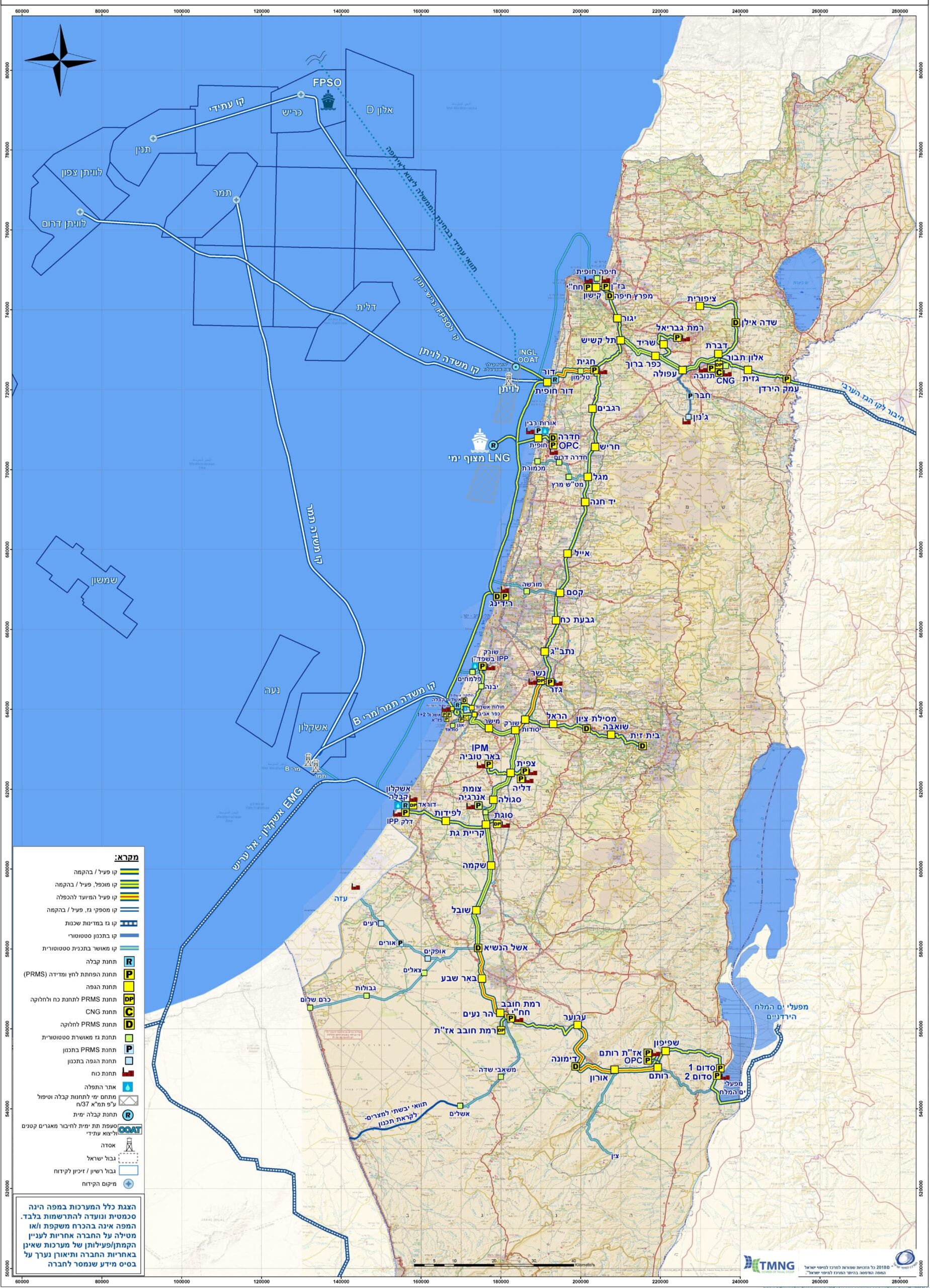Israel Natural Gas Lines Ltd. (INGL), a government company established in 2003, is responsible for the construction and operation of the national natural gas transmission system. In 2004, the Minister of Energy granted the company a 30-year license, under the Natural Gas Market Law. This project is of great importance to the Israeli economy for two primary reasons: first, for its role in ensuring energy independence and strengthening Israel’s geopolitical position and second, for its contribution to the improvement of the environmental quality and reduction of air pollution, in line with international standards. INGL’s construction and operation of the natural gas transmission system adheres to strict international standards, utilizing advanced technological tools, complexed logistical frameworks and a wide range of international and local suppliers, contractors, and consultants.
The national natural gas transmission system comprises several types of facilities:
Gas reception stations, receiving gas from reserves located in Israel’s territorial waters. Currently, three reception stations are operational in Ashdod, Ashkelon, and near Dor Beach.
Underground pipelines for the transmission of natural gas; to date, INGL has laid approximately 900 kilometers of pipelines across the country.
Main transmission segments: the maritime segment, central segment, southern segment, northern segment, eastern segment (a transmission line to Jerusalem) duplication segments in the south, center, and north: an export line to Jordan in the Sodom area and a northern export line to Jordan.
54 Pressure Reduction and Metering Stations (PRMS) located at delivery points for natural gas consumers.
Approximately 100 block valve stations situated along the system.
Control and security centers, for remote monitoring and control of system facilities.
Maintenance and logistics centers located in Haifa, Kannot, and Mishor Rotem.





















